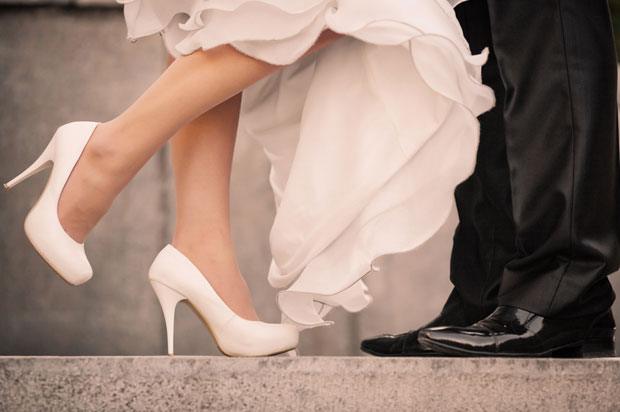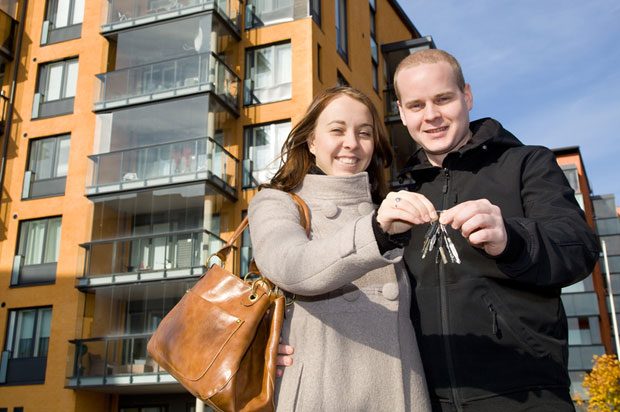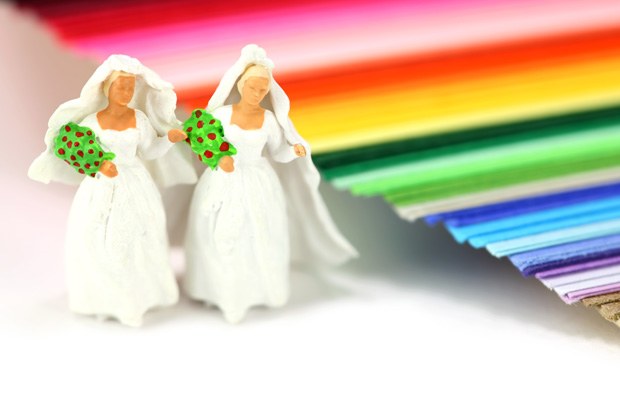UK marriage laws
You all know to remember something old and something new, something borrowed and something blue, but how much do you know about the laws surrounding marriage?

What to know before you say 'I do'.
Engagement
Since 1970 engagement has not been a legally binding contract so you can’t sue for damages if it is broken off. There is usually no legal duty to return the ring, unless agreed to.
Marriage
- No one can be forced to marry against their wishes.
- Both members of the couple must be aged 16 or over.
- You can’t already be married (see bigamy).
- Can’t be too closely related
- Under 18s must gain their parent’s or guardian’s written consent, otherwise it is a criminal offence, although the marriage would still be valid.
- Marriages involving under-16s are not recognised by law.
- You need at least two witnesses to sign register on the day.
Changing your name
Although many women in Britain change their surname when they marry, they don’t have to. Women can keep their own family name, or join the two in a double-barrelled surname such as Smith-Jones.
Bigamy
Being married to more than one person at one time is only recognised in England and Wales if it took place in a country which allows marriages of this kind and both were legally free to marry in this way.
Same-sex marriages
Same-sex couples are now able to enter into a civil partnership by registering a formal commitment to one another. This gives them legal recognition for their relationship, which means they have almost exactly the same rights and responsibilities as married couples.
The ceremony
You can get married by a civil ceremony or a religious ceremony. In both cases, the following legal requirements must be met:
- the marriage must be conducted by a person or in the presence of a person authorised to register marriages in the district
- the marriage must be entered in the marriage register and signed by both parties, two witnesses, the person who conducted the ceremony and, if that person is not authorised to register marriages, the person who is registering the marriage.
Civil – performed by a Registrar
Can take place in a Registry Office or any other premises approved for marriage by a local authority (a stately home, theatre, zoo etc). In Scotland it is possible to have an outdoor ceremony as long as the person conducting the ceremony is empowered to carry it out and to make a registration. A Government White Paper seemed set to change the law in England and Wales, bringing it into line with Scotland, but no steps have been taken as yet. If you fel strongly about getting married outside, write to your MP and ask them to raise the matter in the House of Commons.
Religious – performed by a Minister of the church
Almost anyone can have an Anglican marriage, however exceptions include divorcees whose exes are still alive. It can take place in any church or chapel of the Church of England or Church of Wales, or an Armed Forces Chapel, without the need to involve a Registrar.
They can also take place in other places of worship, but only if they are within the Registration District where you or your spouse live, and then only with the involvement of a Registrar.
Next Steps
- Chat about this subject on our Discussion Boards.
- Need help but confused where to go locally? Download our StepFinder iPhone app to find local support services quickly.
By
Updated on 29-Sep-2015
Photo of wedding feet by Shutterstock
No featured article














